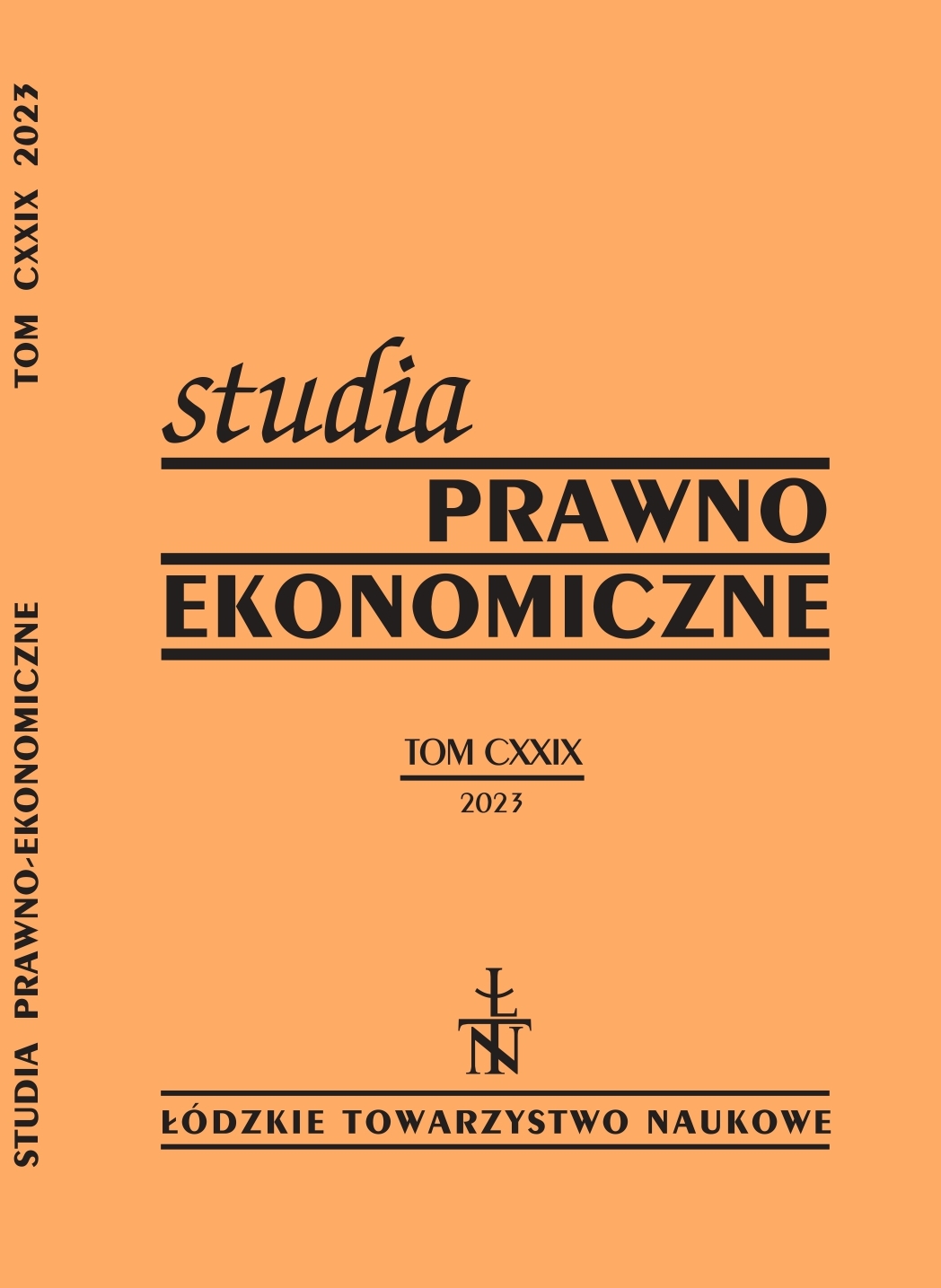WTO PLURILATERAL AGREEMENTS: A MULTILATERAL APPROACH IN ACTION
WTO PLURILATERAL AGREEMENTS: A MULTILATERAL APPROACH IN ACTION
Author(s): Renata ORŁOWSKA, Agnieszka DorożyńskaSubject(s): Supranational / Global Economy, International relations/trade
Published by: Łódzkie Towarzystwo Naukowe
Keywords: regional trade agreements; multilateral trade system; MFN; joint statement initiatives; WTO;
Summary/Abstract: Background: The World Trade Organization (WTO), established in 1995, emphasizes multilateralism, necessitating unanimous consent for decisions and agreements among memberstates. However, the intricate nature of global trade often hinders unanimous agreement. To addressthis, the WTO has seen the rise of plurilateral agreements, which differ from purely multilateralones. Plurilateral agreements involve specific WTO members negotiating commitments inparticular policy areas. Unlike standard regional trade agreements, plurilaterals offer flexibility,allowing participating states to address issues of economic interest. This approach enables tailoredsolutions and promotes collaboration among like-minded countries to advance shared objectiveswithout universal consensus.1Research purpose: This article explores the realm of WTO plurilateral agreements, examiningtheir structure, evolution, and impact on the multilateral trading system. It delves into the dynamicsof these agreements, which offer a practical avenue for addressing pressing trade-related issues.By scrutinizing the interplay between plurilateral agreements and the overarching principles ofmultilateralism within the WTO, this research aims to shed light on the extent to which plurilateralcomplements the multilateral approach, contributing to a deeper understanding of the evolvingglobal trade landscape.Methods: This article employs a mixed-method research methodology, which includes a thoroughliterature review, analysis of relevant reports on plurilateral agreements, and examination ofsecondary data sources. The study combines quantitative and qualitative analyses within GATT/WTO activities to assess changes in plurilateral agreements. Data on plurilateral agreementswere sourced from the WTO database and ministerial reports. This dual approach offers a robustframework for comprehensively evaluating the evolving landscape of plurilateral agreements inthe GATT/WTO framework.Conclusions: WTO plurilateral agreements offer enhanced flexibility in trade governanceand play a pragmatic role in addressing complex trade issues. While they do not replace thefundamental principle of multilateralism, they serve as complementary mechanisms to facilitateprogress on specific trade-related issues. These agreements also have the potential to influence the evolution of trade governance and support multilateralism within the WTO, providing tailored solutions in a dynamic global trade landscape.
Journal: Studia Prawno-Ekonomiczne
- Issue Year: 2023
- Issue No: 129
- Page Range: 119-138
- Page Count: 20
- Language: English

